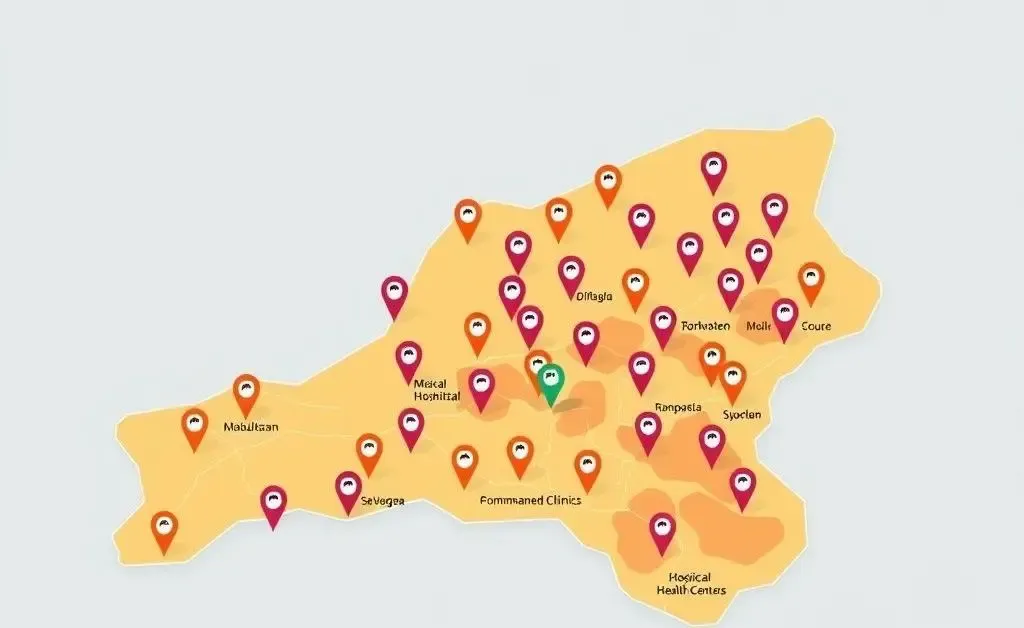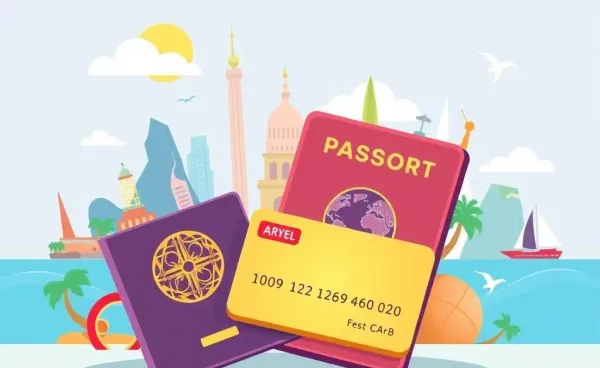Navigating Healthcare: Unpacking Geographic Barriers in Medical Coverage
Explore the factors affecting your healthcare options based on where you live.

Have you ever wondered why your health insurance choices seem so limited—or downright confusing? Blame it on the geographic barriers that often dictate our access to certain healthcare plans. Whether you're in the bustling city or a tranquil rural area, your zip code might have more to do with your health insurance options than you think.
Why Geography Matters in Healthcare Access
Alright, let's start with the basics. The scope of medical networks and healthcare facilities available to you can differ dramatically based on where you live. These regional discrepancies could determine not only which doctors you can see but also how much you pay for their services.

The Urban-Rural Divide
Picture this: You're living in an urban hub with numerous healthcare systems to choose from, while your cousin in a rural village struggles with fewer plan options and longer wait times for specialist care. Sound familiar?
- Urban areas: More competition among healthcare providers can lead to more options and potentially lower rates.
- Rural areas: Limited options may mean higher costs and travel times to find a provider covered by your plan.
How Employers Influence Your Healthcare Choices
Many of us rely on employer-sponsored health insurance, which is wonderful—until you realize your employer's network is localized. Sally from Marketing suggests moving to her hometown for better coverage, and while the thought is tempting, it’s hardly practical.

The Role of State Regulations
Ever noticed that health insurance companies seem to offer different plans in different states? That's because each state has its own regulations affecting health insurance. It can feel like a game of Monopoly, except you can't see all the rules!
Working with a local insurance broker can often provide insights you wouldn't find on your own. It's like having a tour guide in a foreign country—one who speaks 'insurance.'
What You Can Do
Don't fret! Here’s how you can make the most of your geographical situation:
- Research multiple plans, not just the first option that comes your way.
- Consider telehealth services offered by your health insurance; it can be a lifesaver.
- Explore state-specific healthcare assistance programs that might mitigate geographic disadvantages.

The Future of Healthcare Coverage
With ongoing healthcare reforms, could we hope for reduced geographic discrimination? Some say yes, as innovative changes in telemedicine and policy adjustments aim to bridge these gaps.
In the meantime, we can stay informed and empowered as consumers making the best decisions possible in our unique situations.
What geographic challenges have you faced with your healthcare options? How did you overcome them? Let’s continue the conversation!




